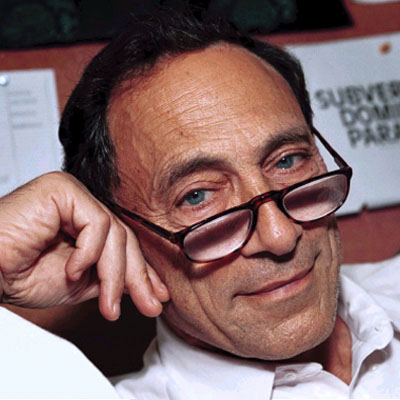Mack received his medical degree cum laude from Harvard Medical School in 1955. He was a graduate of the Boston Psychoanalytic Society and Institute and was certified in child and adult psychoanalysis. The dominant theme of his life’s work was the exploration of how one’s perceptions of the world affect one’s relationships. He addressed this issue of “world view” on the individual level in his early clinical explorations of dreams, nightmares and teen suicide, and in A Prince of Our Disorder, his biography of T. E. Lawrence, a British officer stationed in the Middle East who became known as “Lawrence of Arabia”, for which he received the Pulitzer Prize for Biography in 1977.
In the early 1990s, Mack commenced a decade-plus study of 200 men and women who reported recurrent alien encounter experiences. He initially suspected such persons were suffering from mental illness, but when no obvious pathologies were present in the persons he interviewed, his research deepened. Following encouragement from longtime friend Thomas Kuhn, who predicted that the subject might be controversial, but urged Mack to collect data and ignore prevailing materialist, dualist and “either/or” analysis, Mack began concerted study and interviews. Many of those he interviewed reported that their encounters had affected the way they regarded the world, including producing a heightened sense of spirituality and environmental concern.
Mack was somewhat more guarded in his investigations and interpretations of the abduction phenomenon than were earlier researchers. In a 1994 interview, Jeffrey Mishlove stated that Mack seemed “inclined to take these [abduction] reports at face value”. Mack replied by saying “Face value I wouldn’t say. I take them seriously. I don’t have a way to account for them.” Similarly, the BBC quoted Mack as saying, “I would never say, yes, there are aliens taking people. [But] I would say there is a compelling powerful phenomenon here that I can’t account for in any other way, that’s mysterious. Yet I can’t know what it is but it seems to me that it invites a deeper, further inquiry.”
Mack noted that there was a worldwide history of visionary experiences, especially in pre-industrial societies. One example is the vision quest common to some Native American cultures. Only fairly recently in Western culture, notes Mack, have such visionary events been interpreted as aberrations or as mental illness. Mack suggested that abduction accounts might best be considered as part of this larger tradition of visionary encounters. His interest in the spiritual or transformational aspects of people’s alien encounters, and his suggestion that the experience of alien contact itself may be more transcendent than physical in nature—yet nonetheless real—set him apart from many of his contemporaries, such as Budd Hopkins, who advocated the physical reality of aliens.
His later research broadened into the general consideration of the merits of an expanded notion of reality, one which allows for experiences that may not fit the Western materialist paradigm, yet deeply affect people’s lives. His second (and final) book on the alien encounter experience, Passport to the Cosmos: Human Transformation and Alien Encounters (1999), was as much a philosophical treatise connecting the themes of spirituality and modern worldviews as it was the culmination of his work with the “experiencers” of alien encounters, to whom the book is dedicated.
In September 2004, while in London to lecture at a conference, Mack was killed by a drunken driver while walking home alone.
